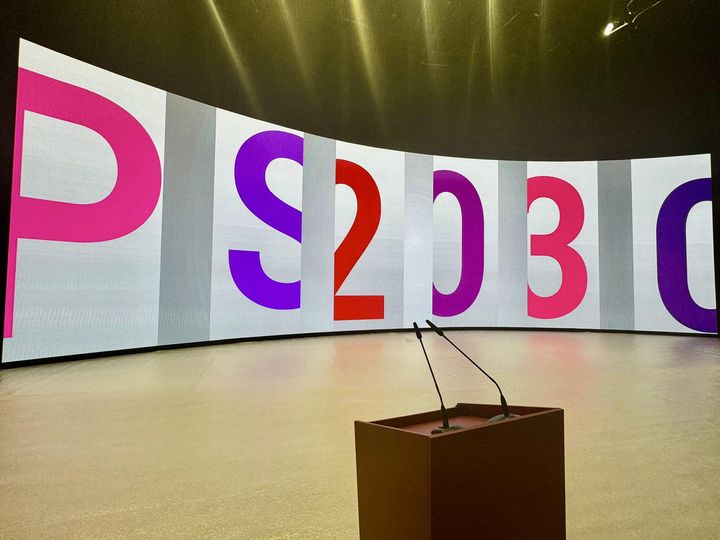Piepoli Poll: Socialist Party on track for fourth term as opposition support dips

Just one day before the official launch of Albania’s election campaign, a new Piepoli Institute poll commissioned by Report TV shows the Socialist Party (SP) maintaining a strong lead, while Sali Berisha’s opposition coalition sees a decline. Prime Minister Edi Rama remains the most trusted leader among voters.
Why this is important: With 50.5% support, PS is projected to secure a fourth consecutive term. The center-right opposition — led by Berisha and backed by former Trump campaign adviser Chris LaCivita — trails significantly, down to 37%. Smaller parties are gaining modest traction, but remain distant in the rankings.
Context: The poll, conducted from April 3–8 with a representative sample of 1,000 Albanian voters, confirms several key trends as the campaign begins:
· SP leads with 50.5% — stable from previous March polls.
· Berisha’s coalition has dropped 2 points in a month, now at 37%, a decline from their 2021 performance (39.4%).
· Adriatik Lapaj’s coalition ranks third with 8.5%, showing slight dip in support.
· Agron Shehaj’s party rose from 4.5% to 6%.
· Tom Doshi’s PSD and Lulzim Basha’s Euro-Atlantic coalition both registered small gains, with the latter reaching 1%.
Leadership trust: Rama remains the top choice for prime minister, with 46% of respondents expressing confidence in him — a 3-point increase. By contrast, 35% trust Berisha, down by 1 point.
Policy appeal: When asked whose political platform they found most convincing, 49% of voters chose the SP program, while 34% backed the opposition’s. 17% said they were swayed by smaller parties.
Voters also said they were most familiar with SP candidates (47%), while Berisha’s list followed at 34%. Just 6% said they knew candidates from the new political formations.
What else: Public skepticism toward Berisha’s leadership remains high: 62% of respondents said his opposition coalition is “not at all trustworthy.” Meanwhile, 58% said they don’t trust new opposition parties — though that figure is down by 2 points since last month.
The survey also found growing voter engagement, with expected turnout rising to 53%, compared to 48.2% in the 2021 parliamentary elections.


